Berbere spice is a robust Ethiopian spice blend of bold chilies and aromatic spices, essential to many East African dishes, like soups, stews, and more.
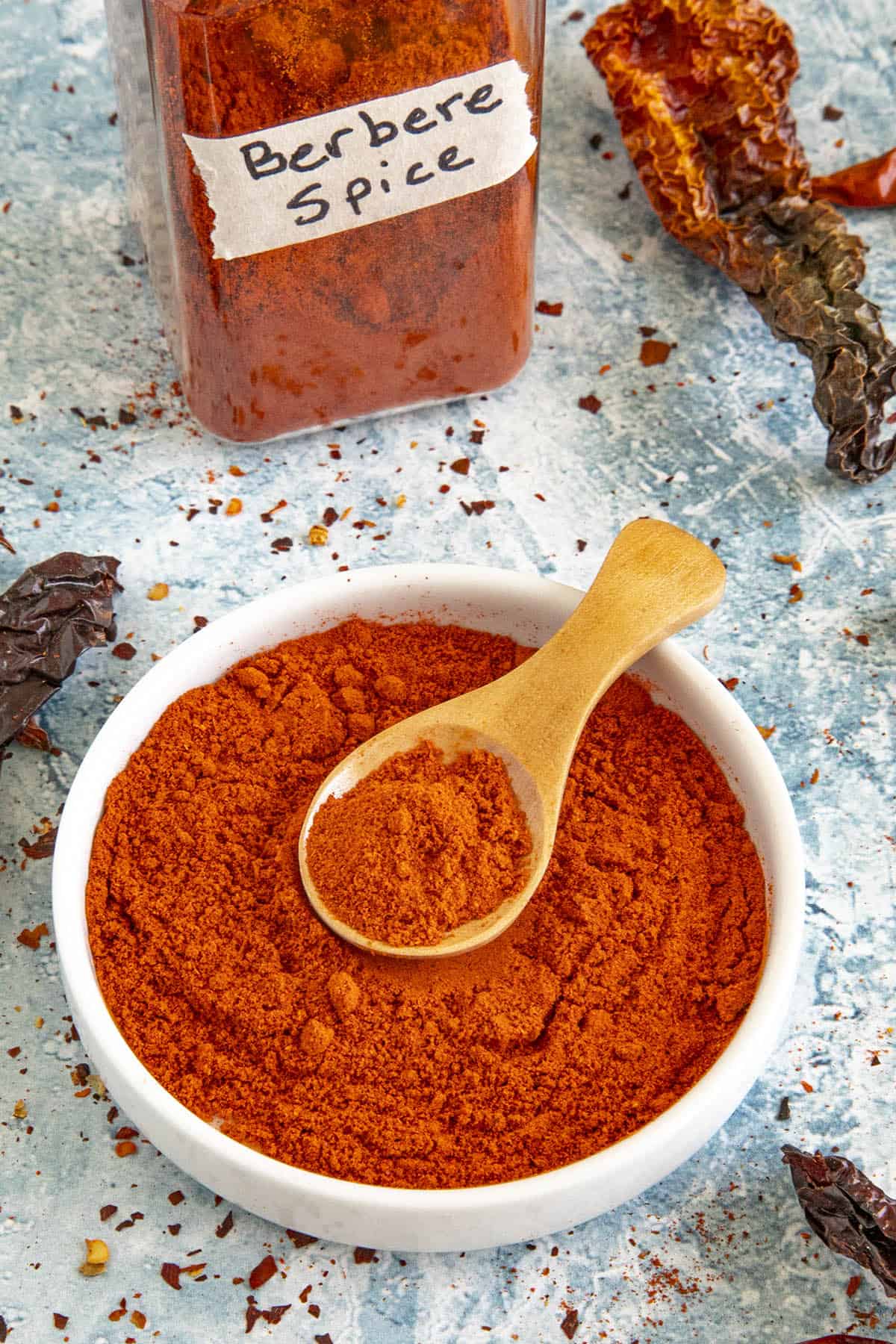
What is Berbere Spice?
Authentic “berbere" is a traditional Ethiopian spice blend that originates from the southeastern part of Africa. It is widely considered the spicy mix of Eritrea and Ethiopia.
It consists of the staple spices of the region, including but not limited to dried chili peppers, garlic, ginger, basil, korarima, rue, ajwain or radhuni, nigella, besobela, cinnamon, turmeric, cardamom, fenugreek, and other ground spices.
Different chili powders or dried red chilies can be uses, such as paprika, cayenne, guajillo, dried New Mexican chilies, or other local chilies.
The fiery red spice mixture is a key ingredient and a distinctive feature in the Ethiopian cuisine.
Recipe blends vary from region to region and cook to cook, and it is easily customizable to remove or emphasize specific spices and heat levels.
What Does Berbere Seasoning Taste Like?
The flavor of berbere is hot, peppery and tangy. Traditional berbere is best made from whole spices that are toasted and ground, which produces maximum flavor.
The flavor is compared to a mixture of BBQ, Southwestern, and Curry flavors. To me, there is rich depth of flavor unlike any other spice blend I use.
How Hot is Berbere?
Berbere comes in variety of heat levels. The hotness of the mixture depends on how much chili pepper the maker has used in the spice blend, and is usually a medium heat level for most.
I recommend to use it sparingly, depending on your tolerance, of course.
Using Berbere Spice
While Ethiopian cuisine essentially revolves around stews and soups, such as Doro Wat (the national dish of Ethiopia), berbere also serves as an excellent dry rub on meats and as a marinade.
While it is most often found as a dry powder in the markets or at online stores, you'll often find it in the form of pastes.
You can make the paste at home by mixing the spice with butter, oil, vinegar, wine or even simply water.
It can also be used for vegetarian dishes, as seasoning or rubs, as it is often used in salads or vegan varieties of chips like apple chips and zucchini chips.
It is also used in quinoa and couscous to add a kick of flavor.
Berbere is quite a versatile spice blend, which is why is used to make numerous BBQ rubs, lentil soups, beef and mutton stews (as the seasoning blend goes well with the natural juicy flavor of red meat), spiced butter and even being used as a table condiment in households.
The spice blend works well with pasta, particularly with red bases and tomato bases, complementing the tartness and acidity. Add a touch of berbere to homemade pasta sauce at the end of the preparation to enhance the flavor with a touch of smokiness.
Berbere works well with butters and fats, and is commonly used to season burgers to make them more "exotic". It can also be used for making tacos, an Ethiopian/Mexican spin on the dish.
Not to mention it also works wonders with lean meats like chicken and turkey.
Don't limit yourself to strictly Ethiopian dishes when using Berbere. Try it out in literally any cuisine to give it a new flavor spin.
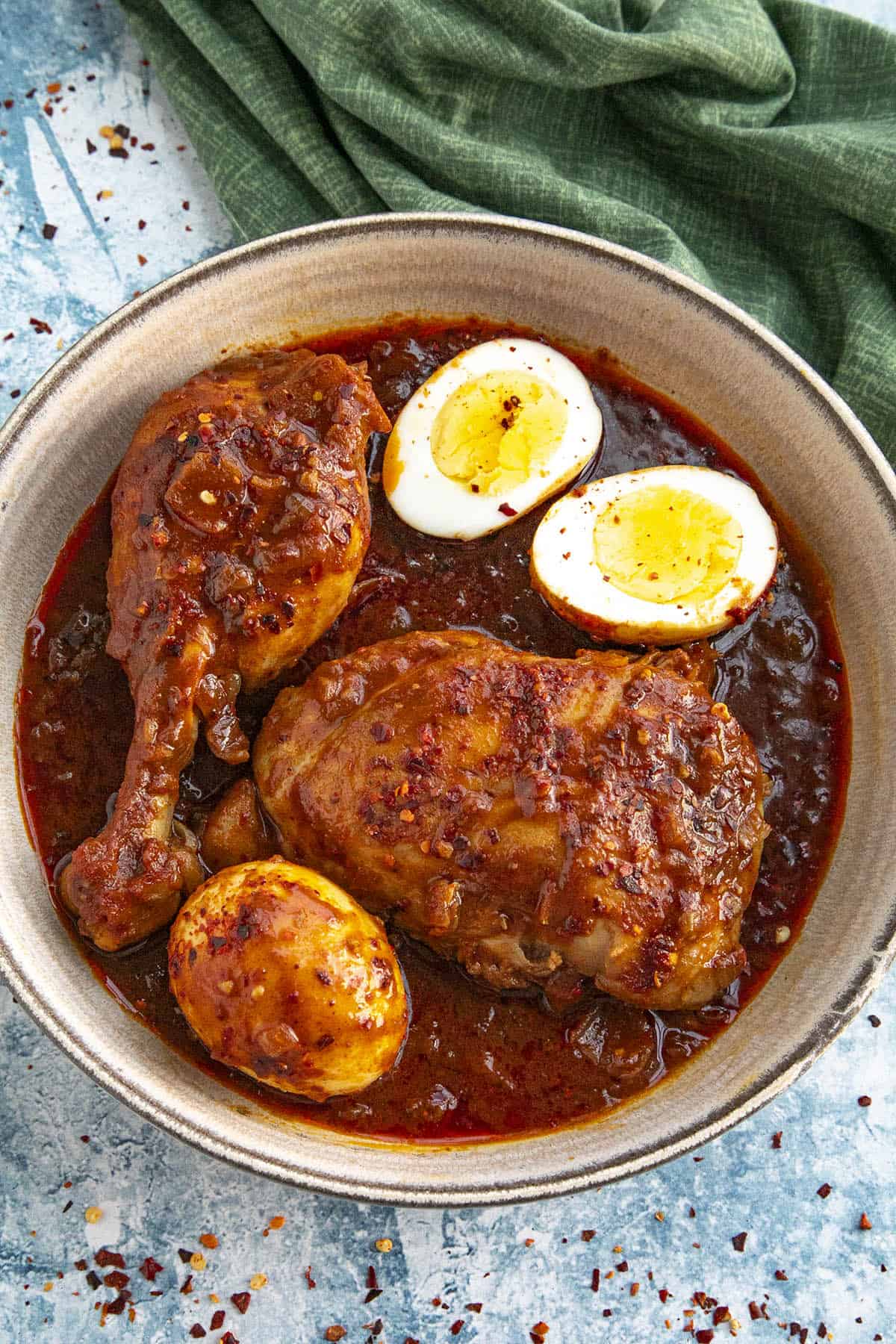
Berbere Substitutes
If you are unable to find berbere spice or make your own blend, the following spices can be used as a substitute:
- Ras el Hanout
- Tsire (another African blend)
- Cayenne
How Do You Pronounce Berbere?
Despite the growing popularity of this wonderful spice blend around the world, it is somewhat difficult to pronounce it properly in its regional Ethiopian dialect. According to numerous sources, it is phonetically pronounced as ‘ber-bə-ˈrā’.
Or, more like this - bear-ber-AY.
Here is a link to Merriam Webster’s site where you easily find the pronunciation of the word: https://www.merriam-webster.com/dictionary/berbere. “Ber-be-re” with the word being broken into 2 or 3 syllables respectively, depending on the source and dialect of the speaker.
Where Can I Buy Berbere?
You may be able to purchase berbere spice at a local specialty store, but your best bet is to find a good online resource. Below is a link to Amazon where you can buy some online. It's an affiliate link, my friends.
- Buy Berbere from Amazon (affiliate link, my friends!)
Learn More About These Other Interesting Spice Blends
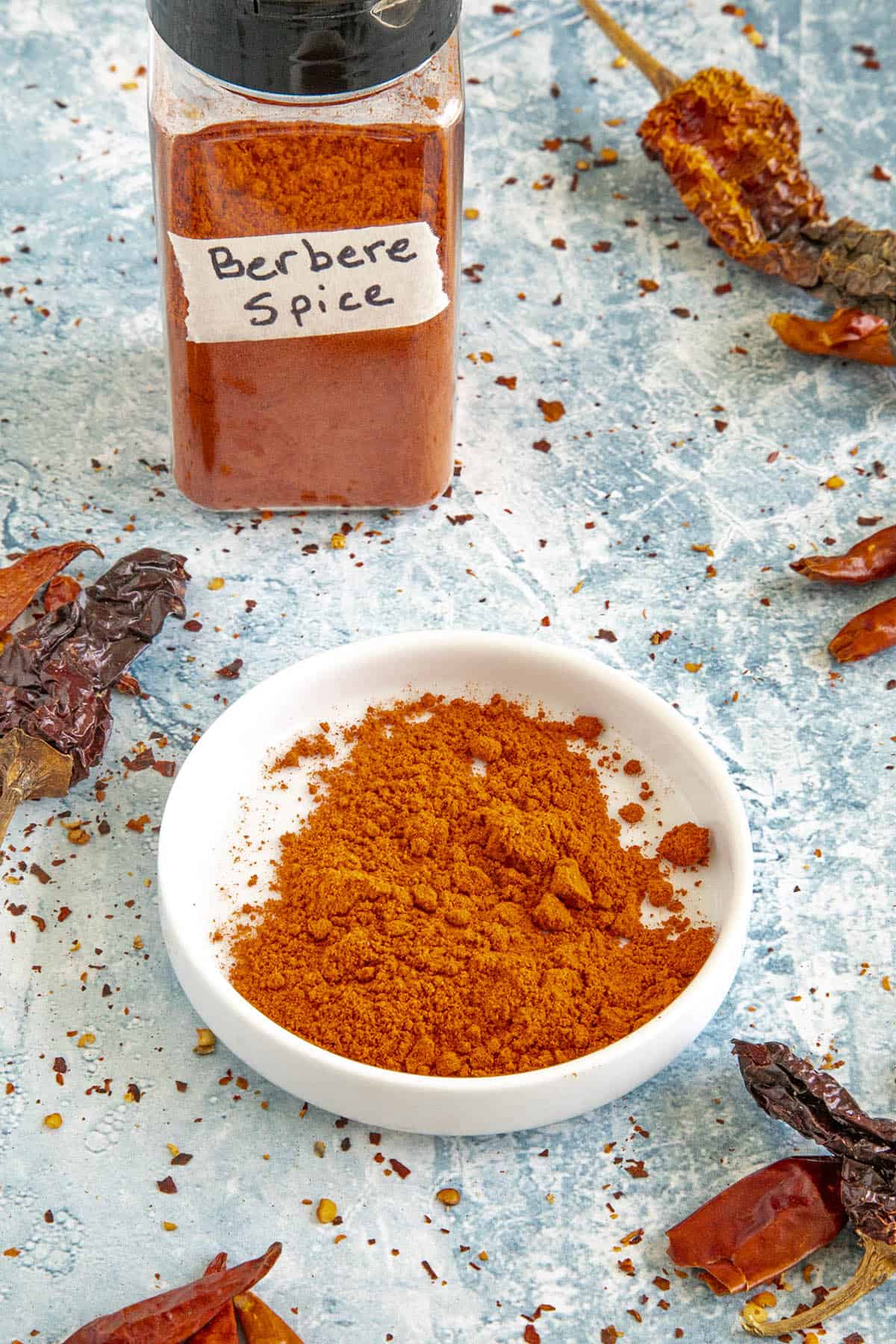
Got any questions about berbere spice blend? Ask away! I'm always glad to help.
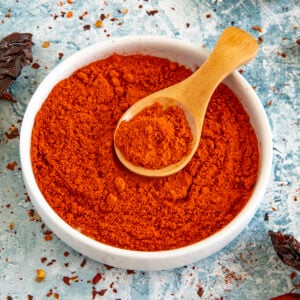
Berbere Spice Blend Recipe
Ingredients
- 2 tablespoons paprika
- 1 tablespoon cayenne
- 1 teaspoon ginger powder
- 1 teaspoon garlic powder
- 1 teaspoon ground coriander
- 1/2 teaspoon onion powder
- 1/2 teaspoon ground cumin
- 1/2 teaspoon ground cardamom
- 1/2 teaspoon ground fenugreek
- 1/2 teaspoon ground cinnamon
- 1/4 teaspoon ground cloves
- 1/4 teaspoon ground allspice
- 1/4 teaspoon ground nutmeg
- 1/4 teaspoon ground turmeric
- 1/4 teaspoon ground black pepper
- 1/4 teaspoon salt adjust to taste
Instructions
- Combine all of the ingredients in a small bowl. Mix well.
- Store in a spice container and use as desired.
Notes
Nutrition Information
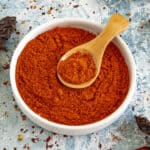
NOTE: This post was updated on 9/25/23 to include new information and photos. It was originally published on 9/8/19.
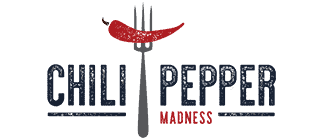

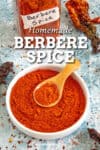
Peter Stanley says
For the ground ingredients, such as cumin, cloves, etc..., are the measurements for pre-ground or post-ground? For example, would the 1/4 tsp of ground gloves be measured before they are ground or after? Before would be much simpler, but wanted to make sure. There would be a volume difference between the two. I think it's probably before since you suggested toasting them before grinding. Thanks! I love your site and have used and loved several of your recipes.
Mike Hultquist says
Hi, Peter. The ingredients are for ground spices. It's all listed in the Recipe Card at the bottom of the post - not sure if you saw that. I DO like to toast and grind my own, though, and I do recommend it. But you'll still only need the amounts listed - eg, 1/4 teaspoon ground clove. I hope you enjoy it!!
Faith says
Penzey's, a spice store/online store has a good Berbere, if you don't want to make it yourself. I'm still going to try Mike's recipe as well. It's nice to have the blend on the spice rack and ready to use. If not always as the primary spice blend, I sprinkle it in all kinds of dishes. When I want extra fire, but not a straight ground hot pepper. A "secret ingredient" that no one can identify!
Faith says
I see Penzey's has already been mentioned. I agree!
Mike H. says
Thank you for sharing, Faith!
Quizeen says
I love your site and have made many of your spice mixes that I use all the time. I use a lot of the spices commonly included in berbere, and I have the good fortune to live in a city with an excellent spice market, so I've made my own. That said, I've bought a lot of berbere mixes, and the one from Penzeys is the best so far. It doesn't have any added salt, so you can make adjustments really easily.
Mike Hultquist says
Awesome, thanks for sharing!
Trent says
On my last work trip to Ethiopia I was introduced to mitmita, which is like an abbreviated berbere but a lot spicier. Blew my socks off and brought back a bag of each and some coffee beans! Check it out!
Michael Hultquist - Chili Pepper Madness says
Nice! I surely will, Trent! Thanks for sharing.
Katie says
Where is the recipe in this post? I'd love to give it a go. Thanks!
Michael Hultquist - Chili Pepper Madness says
Katie, currently this is just an informational post about berbere. I am still perfecting my blend.
Elisse says
There are a LOT of Berbere spice blends on amazon- do you have a suggestion as to which is the most authentic, with the correct mix of spices?
Michael Hultquist - Chili Pepper Madness says
Elisse, I can't make a specific recommendation, but yes, there are many good ones. I've used from Silk Road, Sahadi and Zamouri and enjoyed them all.
Lallie Pillay says
Thank you for sharing these lovely recipes n good ideas
Really great change to spicing up !
Michael Hultquist - Chili Pepper Madness says
Thanks, Lallie! I appreciate it.